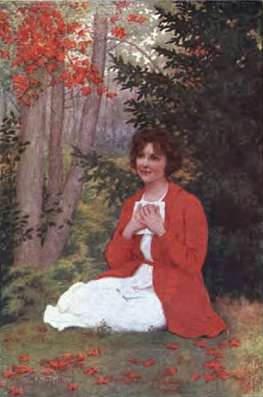Roundtable for Association of Research in Cultures of Young People annual conference, 30 May 2017
Organizer: Benjamin Lefebvre (Ryerson)
Galvanized by the theme of Congress 2017, “The Next 150 on Indigenous Lands,” this roundtable seeks to take stock of Indigenous texts for and/or about young people in the twenty-first century. Whether depicting past injustices such as the residential school system, continued hardships under neocolonial policies, or the possibilities for Indigenous identities in contemporary culture, these texts as a collective are produced within a complex system of shifting priorities. Concerns about accuracy and authenticity are sometimes in competition with the priorities of publishing as a business, especially when it comes to books published by mainstream/settler presses and intended largely for non-Indigenous readers: a manuscript is accepted if it is deemed to have the potential to sell sufficiently for the publisher to make a profit, and a book needs to sell sufficiently to stay in print. And while the publication of Indigenous-created texts for young people has been steady since the 1970s, the reports of the Truth and Reconciliation Commission of Canada have granted such texts more visibility in the mainstream media and have promoted these texts as opportunities to share and celebrate Indigenous histories, identities, and knowledges.
I welcome proposals for ten-minute presentations on any aspect of Indigenous texts for and/or about young people across the age spectrum, from alphabet books and picture-book texts to book-length fiction and graphic novels and also including texts for adults about young people. Topics could include but are certainly not limited to the following:
- The politics and economics of publication (texts published by Indigenous presses and texts published by settler presses)
- Alternative forms of publishing in the Web 2.0 era, including multilingual and multimedia texts
- The politics of historical fiction (granting voice to survivors of the residential school system while potentially introducing settler readers to this historical event)
- Texts and target markets (Indigenous readers and/or settler readers)
- Questions of witness, empathy, and appropriation (such as Gord Downie and Jeff Lemire’s graphic novel Secret Path)
- Revising or dismantling Western histories, literary conventions, and understandings of land, family, community, and knowledge
- Indigeneity and activism
- Media coverage of Indigenous texts for young people
- Stories of Indigenous young people aimed at adult readers, including memoirs of Indigenous childhoods
Please submit a proposal of 250 words, along with a bio note of 50 words and a statement about any A/V needs, to Benjamin Lefebvre (benjamin.lefebvre@ryerson.ca) by 31 March 2017.
